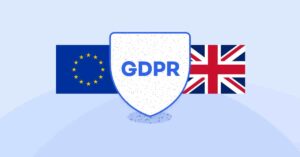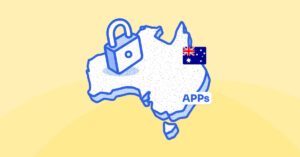Introduction
The cookie is the most widely used technology on the internet today. It has been around since 1994, and it’s been fundamental to how websites have operated for over two decades.
The simple idea of a cookie—a small piece of text that a website stores on your computer—has evolved into sophisticated methods for tracking users across multiple sites, building profiles based on their browsing habits, and even enabling targeted advertising based on those profiles.
The cookie industry is now preparing itself for a Cookieless future. Google plans to make third-party cookies a thing of the past. The company announced that it will block all third-party cookies in its Chrome browser by default. However, the demand for personalization has risen, and marketers must be careful to protect personal data when using them.
A Cookieless world
The new technology will affect websites that use third-party cookies for targeting the customer with relevant marketing. Cookies generally save information about you in the form of an identification number or a session ID for each user, called login information.

Nonetheless, other identifiers can be used to see what kind of website you use online if you delete cookies. But Google said that cookie usage was ending.
Google Privacy Sandbox is Google’s initiative to move all user data into the browser instead of third-party platforms. Privacy Sandbox allows behavioral tracking across websites to ensure you’re seeing relevant ads, but data isn’t freely shared with advertisers.
With Google’s announcement and European Union regulators enacted a law known as GDPR (General Data Protection Regulation), cookies aren’t going away anytime soon. Still, they could be restricted in ways we’ve never seen before, and these changes will affect every online business owner.
International Data Privacy and Cookie Laws
Businesses that utilize cookies are subject to various user privacy legislations in multiple areas. A website accessible to users in Europe, for example, has to adhere to two EU privacy legislations, General Data Protection Regulation (GDPR) and the ePrivacy Directive.
Multiple states are now implementing their own consumer privacy laws. California introduced the California Consumer Privacy Act (CCPA), and effective from January 1, 2023, the California Privacy Rights Act (CPRA). Four more States followed in this direction, implementing new privacy laws.
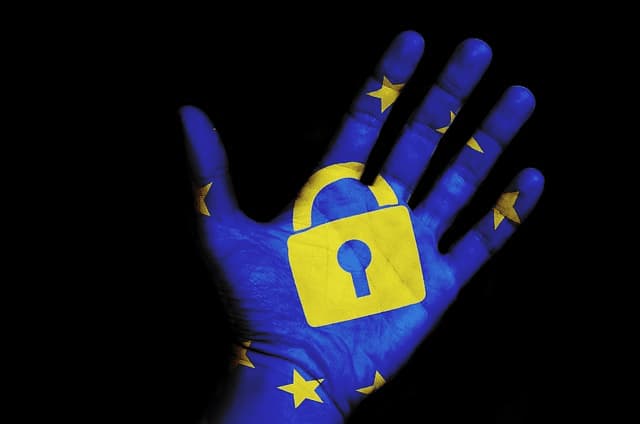
The focus on privacy
Let’s start with the obvious: Google has nothing to hide behind its marketing. This is a change that will be implemented to protect customer information. Google’s security of user information was a priority as it aimed to meet customer requirements.
A first-wave response was the 2016 GDPR, a massive change in the digital landscape, and the 2018 CCPA. But advertisers have not always taken their customer privacy demands seriously. CCPA is an important legislation in the growing field of consumer data protection and is aimed at protecting consumer data.
What does the Cookieless future mean?
A Cookieless world represents a significant change in the digital world, with Google’s proposal announced in January 2020. The cookie-free era will see more marketers relying upon first-party data.
Recent privacy legislation, privacy laws, and cookie ban have changed the marketing landscape. As a result, internet users have more concerns over data privacy today than in the last few years. However, third-party data can be invaluable in analyzing users’ behavior and tailoring ad content accordingly.
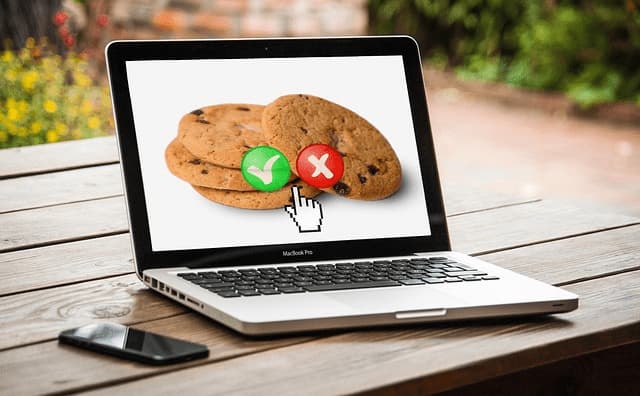
The value of First-Party Data and Third-Party Cookies
Digital marketing is undergoing considerable changes, with consumer protection being the primary concern among consumers. It will leave the industry in a depleted state. The need for advanced technologies could cause local advertisers to suffer as digital advertising revenues increase by more than 50 percent by 2024.
Third-Party Data
Advertisers use third-party cookies to track users across multiple websites, which can be used for targeted advertising. Google states that “this change will affect some sites and apps in ways they may not expect or be prepared for” and suggests developers use server-side storage methods instead of relying on third-party cookies (e.g., sessionStorage).
If you follow online marketing trends, you probably know the future of Cookieless marketing. The removal of third-party cookie data is going to affect our way of doing business online. Online advertisers tend to see this change, but can an existing website evolve to suit the needs of new users?
The replacement for Cookies
Google will use AI modeling in the future to determine the ads with the highest conversion rate and determine which consumers have the highest value. AI models need more than enough info.
Google has outlined the importance of identifying the conversion of users to Google. Personal Identifiable Information (PII) is vital information to be shared by all consumers. This information contains the consumer’s name, address, and physical address.

How to adapt
Even for businesses familiar with third-party cookie technology, it’s good to see that only third-party cookie erasure is a good option. Cookies from other sources will remain, allowing relevant advertising segmentation and personalization. What’s the best way? Alternatives to locating data.
Some standard identifiers
Identifier data is used to profile individuals and identify their location. In identifying a user, however, the user needs to consider whether the identifier can be used or combined with additional data. Creating distinct profiles is one approach to measuring it, although these profiles are not necessarily specific.
Typically, the person can also be identified as an individual or grouped as unique users of an electronic gadget that differentiates themselves. Using a cookie to track a person may be used as part of an identification scheme for the person if the information is collected.

First-party cookies
The first-party cookie is a software program that is compiled to store information that can be retrieved from any visitor. Cookies are commonly used to help users improve their user experience, including passwords, data collected from visitors, and other preferences of a particular user.
The data collected by first parties provides marketers with accurate and reliable insights that can be gleaned directly through the behavior of the users and not through an inference view of user behavior. In particular, with first-party cookies information, you know the user’s behavior on a website.
Cohorts
A cohort consists of people who all share one identity. As long as a link exists, a cohort could be anywhere: people who have visited one region or those who download simultaneously.
A cohort allows marketers to compare data by metrics relevant to a particular context easily. Although cohorts are very resourceful, they can do many things emphasizing the necessity of cohort marketing. A cohort works in the same way as a contextual advertisement. They are the proactive marketing method. Amongst the forms of cohorts is the concert.
Context
This type of targeting is an advertising technique with huge advantages over third parties. Contextual targeting, previously overlooked for cookies and related methods, may come back as cookies are being exhausted and GDPR is tightening.
Contextual targeting can help advertisers reach their audience more effectively by using third-party cookies and not being targeted directly. This new industry is being developed thanks to privacy-oriented practices. Contextual targeting focuses ads in the proper context.
Choose alternative tracking signals
Alternative tracking signals are alternatives to traditional tracking signals, which can help track the behavior or behavior of consumers on your site. This guide outlines the options for businesses to move away from cookies.
Identifiers
The identification data of a website is data that is directly related to its identity. Identifying a visitor using online information is possible by identifying access to an application or a website.
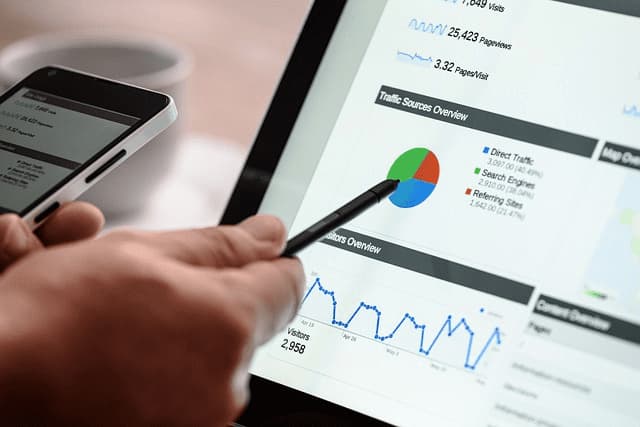
Preparing for these changes
It should be evident that Google will be changing its privacy policies and will not affect consumers’ privacy. The company is currently delaying the release of third-party cookies in Chrome browsers until 2023 so that you can get these changes in advance. Marketers need to start planning now to make a plan ahead for these increasing demands.
Informing Ad Networks
Advertised networks need information from marketing companies. It can then crunch the numbers to get the conversion information marketers need for their marketing campaigns. The changes occur when ad network information is collected and transmitted.
Businesses must therefore increase the gap between data sources to help facilitate the modeling effort of ad network models. The goal is to create a way to preserve customer data in a way that is sensitive to their consent.
Conserving information
Google warns advertisers against eliminating cookie implementation and integration. Cookies will be around for a while and will remain compatible with the newer model for some time. A company must keep scalable tags in place to help transition to a secure and reliable environment and collect data that, during those processes, will remain valuable.

How to prepare your site
If we take the time to look at the latest developments, we can see that cookies are dying. Getting rid of these is significant to a digital society. Marketers must be proactive to be able to respond to these situations.
Make the most of your persistent cookies
This leads to a transition to third-person information automatically retrieved from the Web. This data is collected directly by your customers through usage tracking and analysis. Almost half of the respondents focused their attention on the topic.
Brand leaders have a goal: to avoid the use of third-party cookies. Therefore, more attention is given to first-party cookies. A cookie is used by other users to collect information about your computer and your device location and can also collect information from you. This difference only occurs on the website on which it is visited. Users’ personal information will never go into a third-party website.
Start collecting zero-party data
One of the best ways to prepare for a Cookieless future is by building zero-party databases.
Zero-party data refers to information directly given to users with the intent to share it. These may be emails, surveys, survey response forms if needed, and more. It will help you remove cookies from the internet and give you more opportunities to improve the game.
Having zero participation information is essential because they are more accurate and personal. Because other users can share the data, it can be better targeted at the targeted audience and many people. How can you gather this information on your blog from Gmail or other websites?
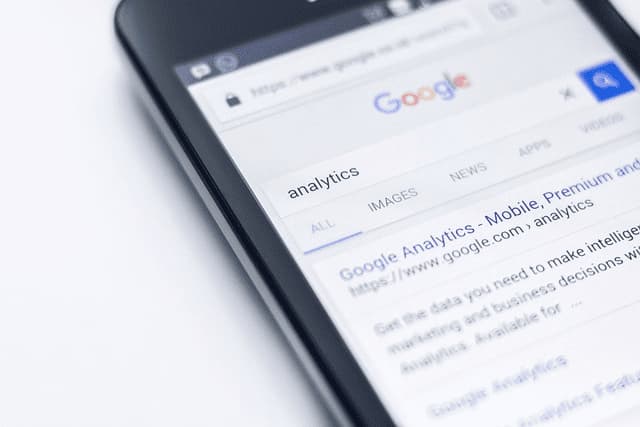
Switch Your Website to Google Analytics 4th Edition
Google Analytics could be affected if the Cookieless future is implemented. Web analytics services use a cookie system that identifies websites to analyze data about users and other data. But many forget they also use third-party cookies, often stealing referral information to compare websites.
Google has said it will soon stop using cookies, and the company is preparing several updates to Google Analytics. Google released its data mining software on October 4, 2020. GA4 has a step back regarding Google Analytics, also called Universal Analytics. It removes cookie usage and uses user IDs to generate cross-platform visitor data.
Session vs. persistent cookies
First-party cookies are two different kinds: session cookies and persistent cookies.
Session cookies only last during your session. The system remembers user settings and deletes the session when they’ve finished. Cookies can be a way of storing and collecting first-party data. A cookie is used to track user behavior and can be used for the following purposes. This data is stored on your PC’s hard drive and disappears when you’re ready to use it.
A persistent cookie, also known as a saved cookie, is a small piece of data stored by your web browser on your computer. It is held on the user’s computer even after the web browser is closed.
How to switch to Dual Tracking?
The best option for preparing for your situation is a dual-tracking system. It helps speed up transitions into GA4, preserves data, and allows time to understand the new functions.
Customer Data Platforms
Users demand more privacy, including transparency, choice, and control over how their data is used. The web ecosystem must evolve to meet these growing demands.
In a cookieless future, the data that customers share with companies will be more granular and voluntary. Companies may not know how often customers have visited their website, but they will understand what customers bought and when they bought it. They’ll know that customers like a particular product or service and want to hear about it again in the future.

This means customers won’t be tracked in aggregate. Instead, they’ll be tracked individually so that companies can give them better and more relevant products at each interaction point along their journey (or until the customer decides otherwise).
Will Cookieless future have a negative impact on the online world?
This can be detrimental to marketing teams. This cookie change may affect shopper behavior and make retargeted campaigns harder to track. Google will act to calm the concerns.
While this future might seem daunting, there are ways to adapt to the Cookieless world of data privacy. Companies can start by taking advantage of anonymous identifiers and machine learning technologies to better understand their customers without tracking them. This way, you can still serve relevant ads but also protect online users’ privacy while browsing the Web.



